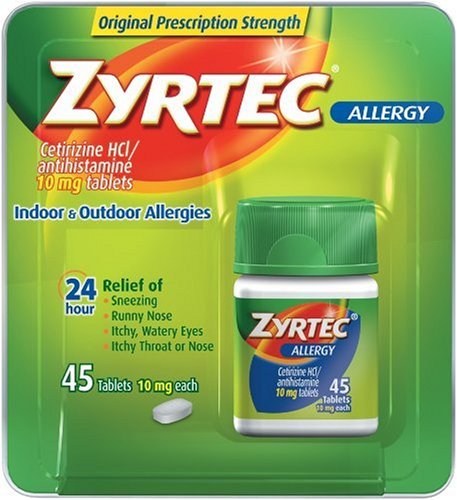

Your doctor might also suggest other ways of treating your child’s symptoms before prescribing antibiotics. They’ll try to choose the right antibiotic to fight the bacteria infecting your child. Your doctor has many different antibiotics to choose from. AntibioticsĪntibiotics work only for infections caused by bacteria – for example, bacterial pneumonia, urinary tract infections, middle ear infections and sinusitis. Make sure to record when you give each medicine so you don’t give your child too much.

You can give them together or at different times, as long as you follow the instructions for each individual medicine. If your child is in a lot of pain, it’s OK to give both paracetamol and ibuprofen. If you’re giving your child any over-the-counter medicines, check with your pharmacist or doctor to make sure they don’t have aspirin. Nurofen, Advil and Herron Blue are examples of ibuprofen.ĭo not give aspirin to children under 12 years unless it’s prescribed by a doctor.Īspirin can make your child susceptible to Reye’s syndrome, a rare but potentially fatal illness. Follow the dosage instructions carefully.Īvoid giving your child ibuprofen if they have severe asthma. Ibuprofen comes in different strengths and varieties, so choose the right type for your child’s age and size. You can give ibuprofen to children aged 3 months and older. Panadol, Dymadon and Tylenol are examples of paracetamol. Follow the dosage instructions carefully. Paracetamol comes in different strengths and varieties, so choose the right type for your child’s age and size. fever that’s making your child feel uncomfortable or unwell.pain – for example, headache, stomach ache, earache, sore throat or fractures.You can give paracetamol to children from birth. Pain and fever medicine: paracetamol, ibuprofen and aspirin If your child stops breathing, loses consciousness or is having seizures, call an ambulance on 000 immediately. For example, keep medicines out of your child’s reach and in the original packaging.Ĭall the Poisons Information Centre on 131 126 if you think your child has accidentally taken medicine or has taken the wrong dose. It’s very important to store medicines safely and take other safety precautions to prevent poisoning. An overdose of medicine can be very dangerous. Whenever you give your child medicine, you need to follow the instructions on the package and check the dosage carefully. If you’re not sure whether a medicine is suitable for your child, ask your pharmacist or GP, especially if your child is under 6 months old. Many adult medicines aren’t suitable for children. And discuss your travel plans with your doctor.Children’s medicines: what you need to knowĬhildren need medicines that have been specifically designed for their bodies and their needs. Explain your allergy, and ask for safe meals. Call airlines, tour operators, and restaurants before you go. Then you will be able to ask about them in restaurants and read food labels. If you travel to another country, learn the words for the foods you are allergic to.Make sure the same scoop is not used for your ice cream without nuts. For example, a food server may scoop out some ice cream with nuts. Be aware of something called cross-contamination.For example, if you are allergic to cow's milk, bring soy beverage. If they aren't sure, ask to speak to kitchen staff. When you eat out, tell waiters about your allergy.Wear medical alert jewellery that lists your allergies.
#DO I NEED TO TAKE CLARITIN WITH FOOD HOW TO#
Learn how to give yourself the shot, and keep it with you at all times.


 0 kommentar(er)
0 kommentar(er)
